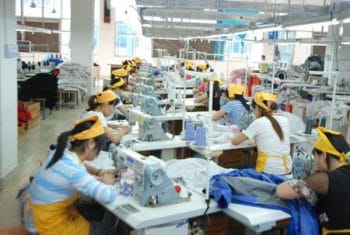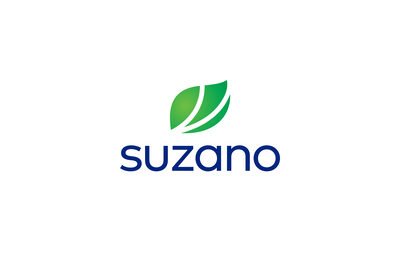 Apparel suppliers across Asia have come together to demand better contracts from fashion brands and retailers. A draft document, seen by Reuters, comes after many high-street names pulled orders upon the global outbreak of the coronavirus, leaving suppliers in some of the world’s most impoverished nations to fend for themselves. This new initiative – led by the Star Network, which is funded by Germany’s development agency GIZ, and the International Apparel Federation – hopes to instil greater trust in supply chain negotiations and eradicate poor buying practices.
Apparel suppliers across Asia have come together to demand better contracts from fashion brands and retailers. A draft document, seen by Reuters, comes after many high-street names pulled orders upon the global outbreak of the coronavirus, leaving suppliers in some of the world’s most impoverished nations to fend for themselves. This new initiative – led by the Star Network, which is funded by Germany’s development agency GIZ, and the International Apparel Federation – hopes to instil greater trust in supply chain negotiations and eradicate poor buying practices.
Suppliers across China, Bangladesh, Myanmar, Cambodia, Vietnam, Pakistan, Turkey, Morocco and Indonesia have reportedly rallied behind the draft document, as part of The Manufacturers Payment and Delivery Terms initiative, that’s expected to be finalised this month. They want assurances that, post-pandemic, negotiations won’t be tainted by efforts to pit suppliers against each other in a bid to drive down prices. As such, the document would embed a 90-day payment term and an international arbitration mechanism for manufacturers to raise grievances with buyers.
It’s garnered the backing of the Better Buying Institute, the OECD and a range of manufacturing associations representing around 70 per cent of initial global apparel exports. In March of last year, as COVID-19 swept across the globe, leading fashion brands and retailers pulled out of orders that were already being fulfilled because they felt the virus might give way to subdued consumer appetite for apparel.
Workers’ rights NGOs such as Remake looked to claim back some of the money suppliers lost out on, with the #PayUp campaign spearheading these efforts. The initiative, which garnered the support of hundreds of thousands of people around the world, pressured brands to do right by those in their supply chain.
It ultimately led the likes of H&M, Nike, Adidas, Kering and VF Corp to come good on their promises which is said to have generated upwards of $22 bn for workers. Still, the likes of Boohoo, URBN, Bestseller and Walmart haven’t paid up – according to Remake’s brand tracker – which corresponds with millions more in unpaid wages. As suppliers look to start fresh with brands and retailers, they’re expected to be much more cautious having, in many cases, been exploited in this turbulent past year.
Miran Ali told: “We tended to blindly trust our customers. If they said they want to buy 100,000 yards of fabric from us and they’ll send the purchase order in three weeks, we’d just go ahead and do it. That faith has been lost.”
 Apparel suppliers across Asia have come together to demand better contracts from fashion brands and retailers. A draft document, seen by Reuters, comes after many high-street names pulled orders upon the global outbreak of the coronavirus, leaving suppliers in some of the world’s most impoverished nations to fend for themselves. This new initiative – led by the Star Network, which is funded by Germany’s development agency GIZ, and the International Apparel Federation – hopes to instil greater trust in supply chain negotiations and eradicate poor buying practices.
Apparel suppliers across Asia have come together to demand better contracts from fashion brands and retailers. A draft document, seen by Reuters, comes after many high-street names pulled orders upon the global outbreak of the coronavirus, leaving suppliers in some of the world’s most impoverished nations to fend for themselves. This new initiative – led by the Star Network, which is funded by Germany’s development agency GIZ, and the International Apparel Federation – hopes to instil greater trust in supply chain negotiations and eradicate poor buying practices.




















